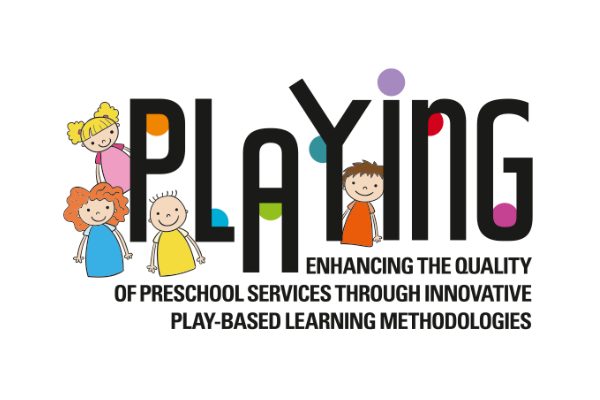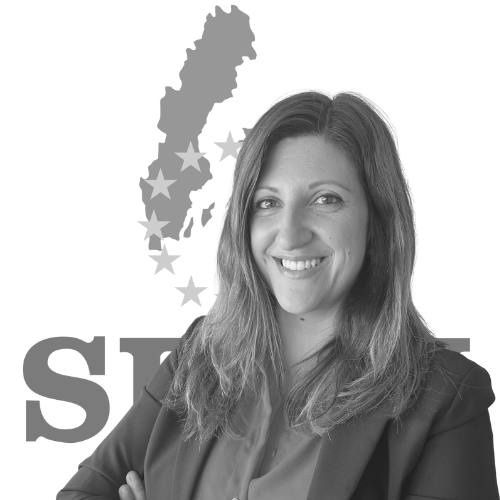

Erasmus+, KA2

Early childhood education is a very important element in a child’s life and offer the opportunity to detect and respond to children’s individual needs and build their strengths, giving a fair start to all children, especially those coming from disadvantaged backgrounds. Starting from the importance of offering high quality preschool services, the project partners have recognized the shared need of training teachers on pedagogical methodologies fostering social inclusion and developing children’s ability to learn and to master the language of instruction. The need for training becomes more substantial if considering that among preschool staffs, we can have assistants that in many EU educational systems can be employed without an initial qualification in ECEC.
Besides, the project partners recognize an essential role in pre-primary education to the play, as is the major modality to stimulate the mental and physical capacity of children and to facilitate their adaptation to the requirements of formal education. Play can have a large impact on development and in particularly in social development, language skills and cognitive development.
For this reason, PLAYING project meets the need of training preschool staffs, making sure to give due importance to the play in children’s learning and improving access and quality of the early childhood education and care systems (0-6 years).
The general objective of the project was to increase quality in early childhood education and care through the development of new knowledge on teaching approaches based on the role of play.
The specific objectives were:
1. To strengthen the skills of preschool teachers through innovative play-based learning methodology
2. To improve the quality of preschool services by introducing transnational peer review-based processes in relation to learning methods.
The project developed three outputs:
IO1: a MAPPING ANALYSIS offering an overview of the topic of the project, determining the existing needs and the gaps in methodologies and knowledge related to play-based learning.
IO2: a TRAINING METHODOLOGY, a teaching method that comprises the principles and methods used by preschool teachers to enable children to learn through symbolic play.
IO3: a PEER REVIEW TOOLKIT, a tool to evaluate all preschool services in Europe on the correct implementation of play-based learning methodologies in symbolic play activities.
For specific objective 1 To strengthen the skills of pre-school teachers through innovative play-based learning methodology
Expected results:
1.1 developed knowledge related to the different methodologies promoting child’s language skills through the play in preschool
1.2 improved competencies in preschool teachers and increased quality of the educational offer
1.3 Delivered a new teaching methodology and new materials based on the central role of play
For specific objective 2. To improve the quality of preschool services introducing transnational peer review- based processes in relation to learning methods
Expected results:
2.1 improved European collaboration among peers in preschools
2.2 delivered tools for peer review-based processes
2.3 improved plans for roles and assignments in preschools as a result of the peer review feedback

Our objective is to increase cooperation among the
members of the network, between Italy and Sweden
and, more in general, the North and South of
the European Union.
Stradone Martiri della Libertà, 15 – 43123 Parma (PR) – Italy | C.F.: 91251370374
Tel: +393483892600 – Website: www.sern.eu – Email: secretariat@sern.eu – PEC: secretariat@pec.sern.eu
© 2024 | All rights reserved | Privacy Policy | Cookie Policy